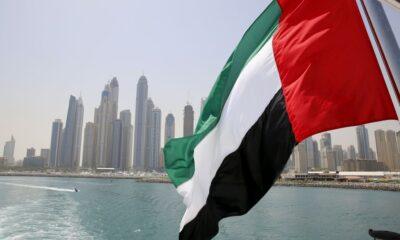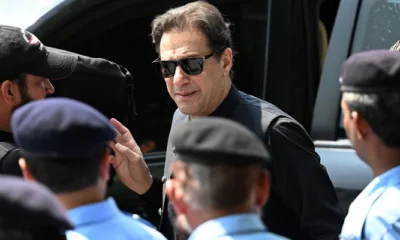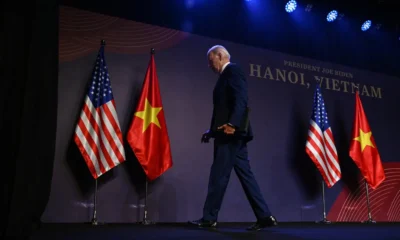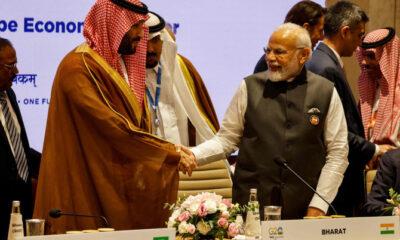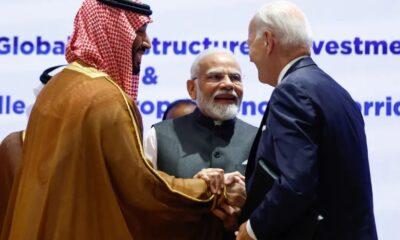Politics
The Struggle for Livelihoods Amid Pakistan’s Electricity Crisis: Government Faces a Fiscal Quandary
Enough is Enough – Public not accepting heavy electricity bills in Pakistan
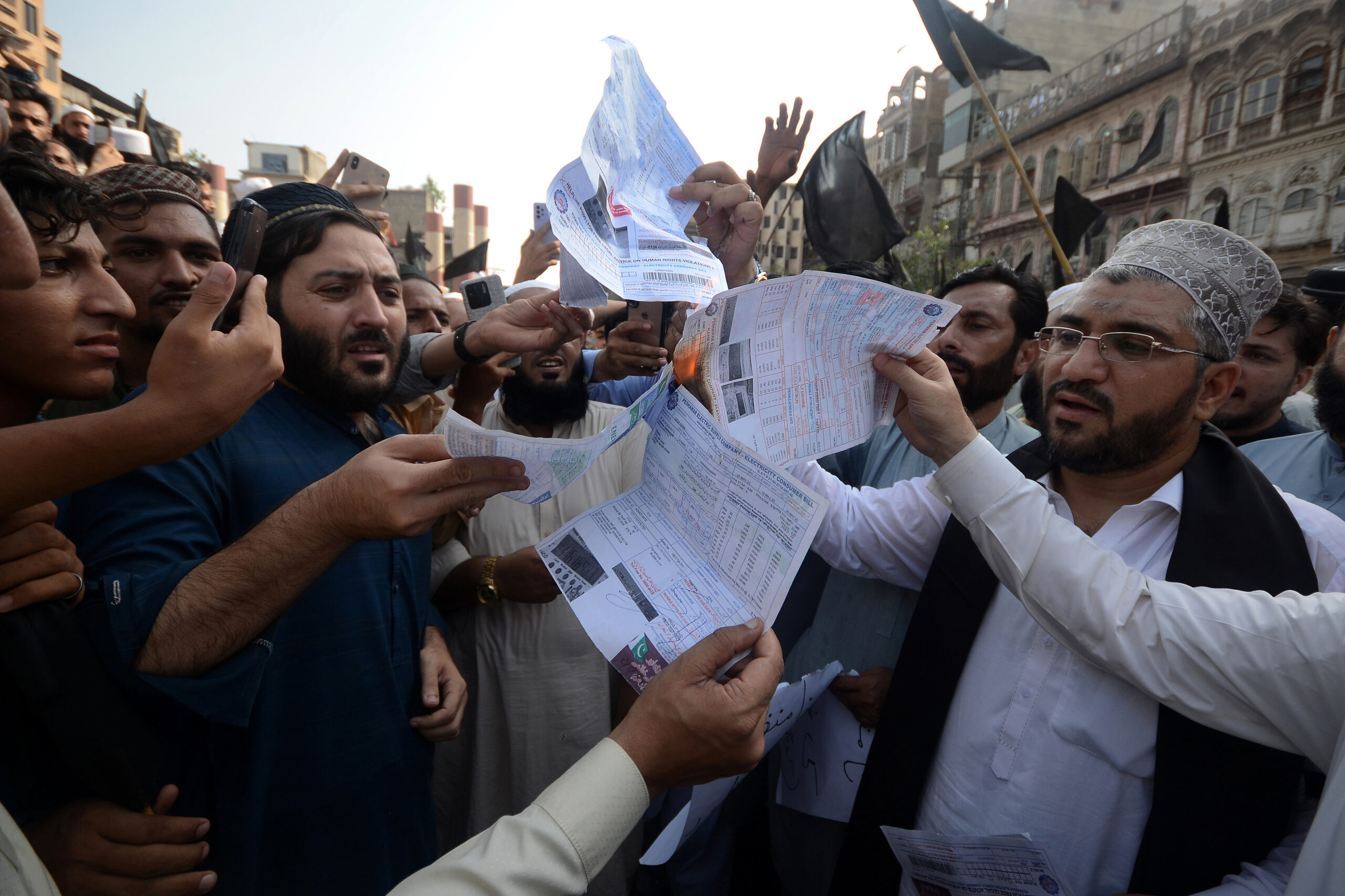
As Pakistan grapples with an escalating energy crisis, protests have erupted across the country. Fueled by a staggering rise in utility prices—doubling within a year—along with a more than 150% surge in fuel costs, the widespread demonstrations highlight a deeper societal concern: the economic resilience of everyday Pakistanis.
The government, led by Caretaker Prime Minister Anwaar-ul-Haq Kakar, finds itself caught between the rock of public outcry and the hard place of international financial obligations. The crux of the issue is a $3 billion loan from the International Monetary Fund (IMF), received in July. While aimed at stabilizing Pakistan’s fragile economy, the loan came with strings attached, notably the demand to cease energy subsidies and reach specific revenue milestones.
The cabinet’s announcement that a reduction in electricity rates could potentially jeopardize this lifeline from the IMF has only intensified the conflict. Residents not only from remote areas but also from major cities like Islamabad have joined the wave of protests, burning their utility bills and even resorting to violent means like attacking power company offices.
The urgency of the situation is palpable in the stories of individuals like Noorul Amin, a taxi driver, who said, “We are drowned in the flood of inflation. These bills are unbearable. If I pay the bill this month, I cannot feed my three kids.” Barber Mohamed Karamat faced an electricity bill amounting to 60,000 Pakistani rupees (around $200), an amount he stated was completely unaffordable for him.
Pakistan now faces a Gordian knot of economic challenges. Is it possible to fulfill the IMF’s stringent demands while also providing much-needed relief to its citizens? As people take to the streets demanding action, the government must navigate the fine line between fiscal responsibility and the immediate economic realities faced by its citizens.
The unfolding crisis serves as a testing ground for the caretaker administration’s capacity to govern effectively, a challenge that could define its legacy in the eyes of the international community as well as its own populace.
News Source: Aljazeera.com

